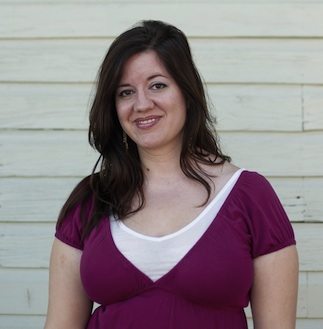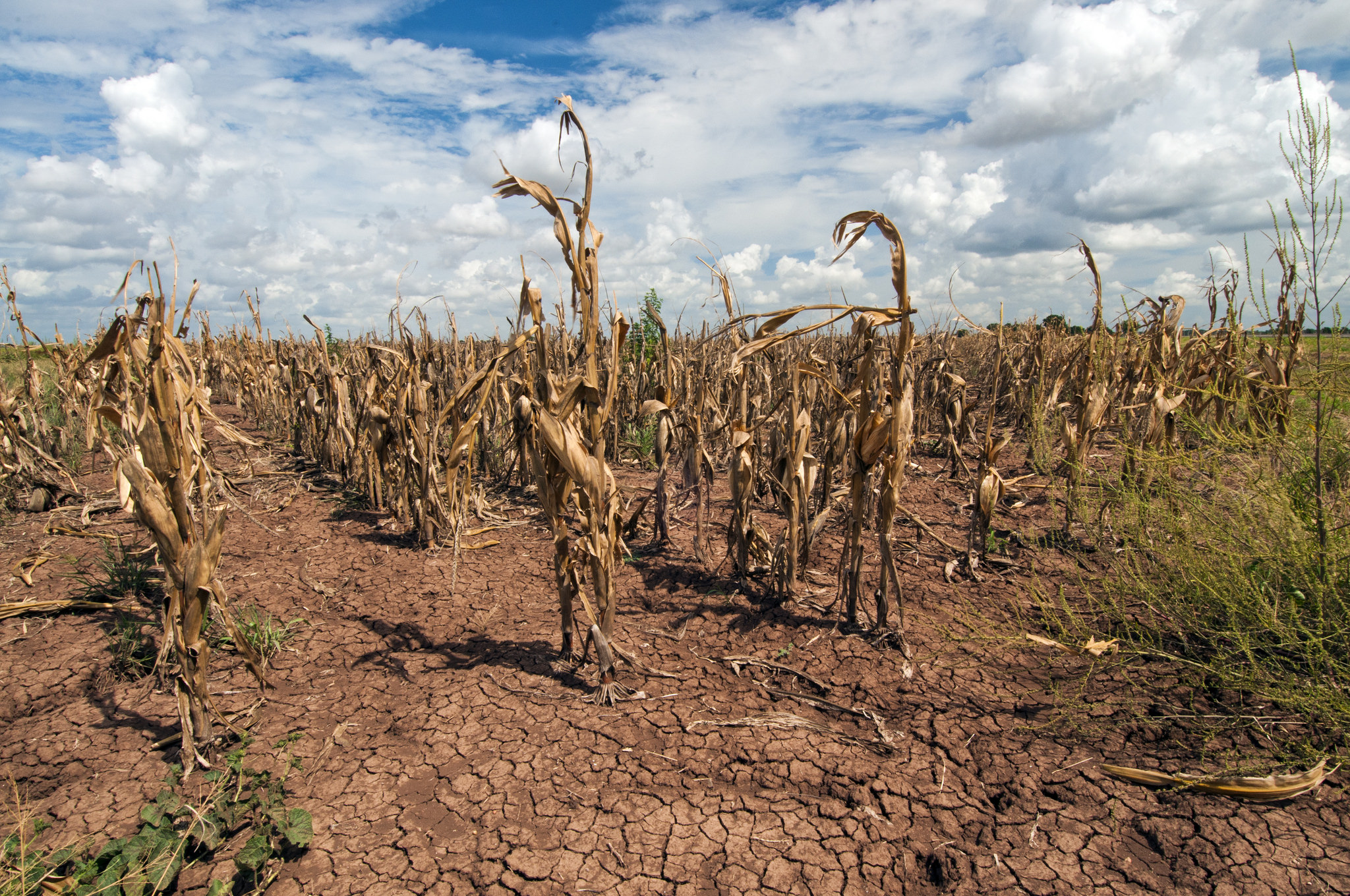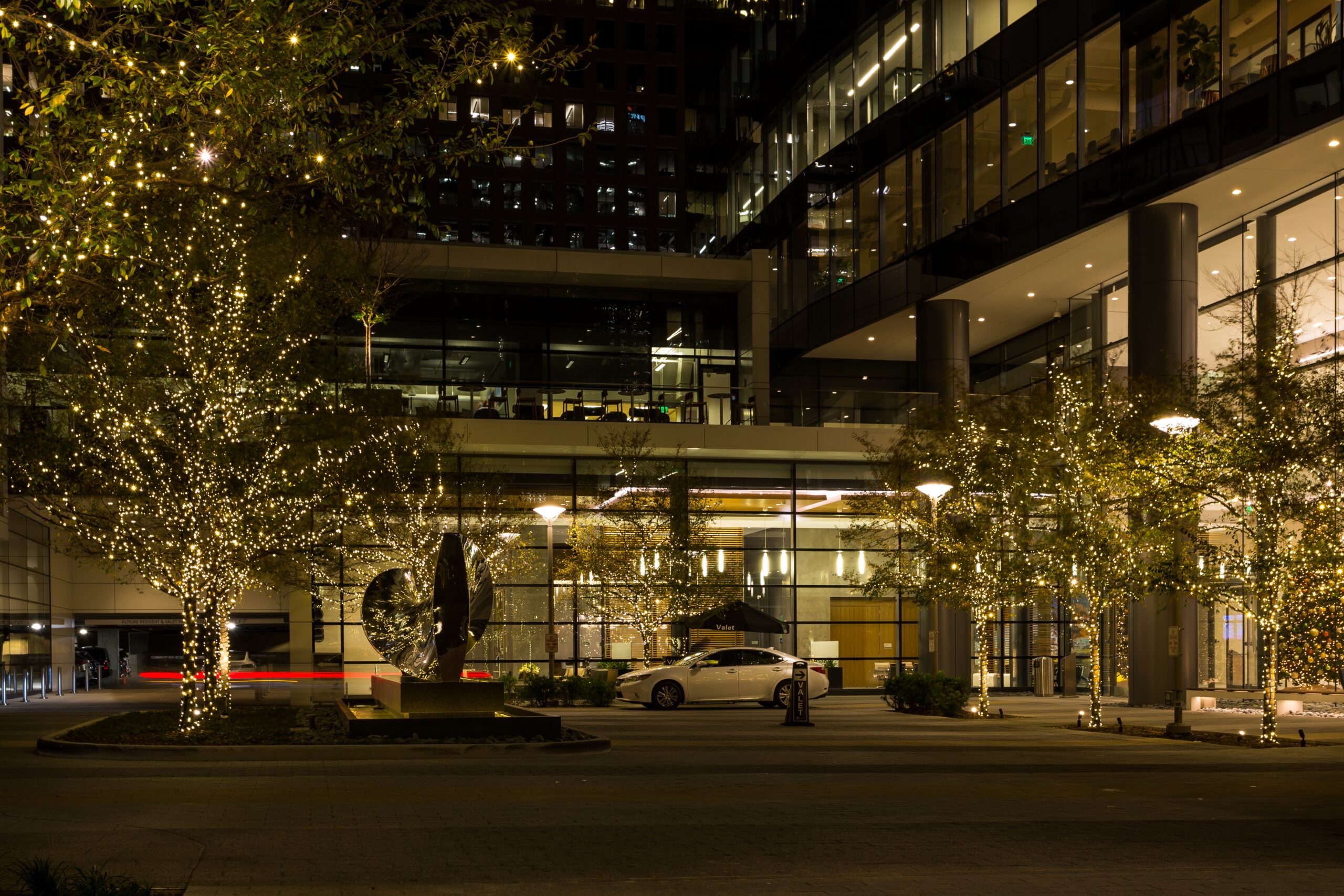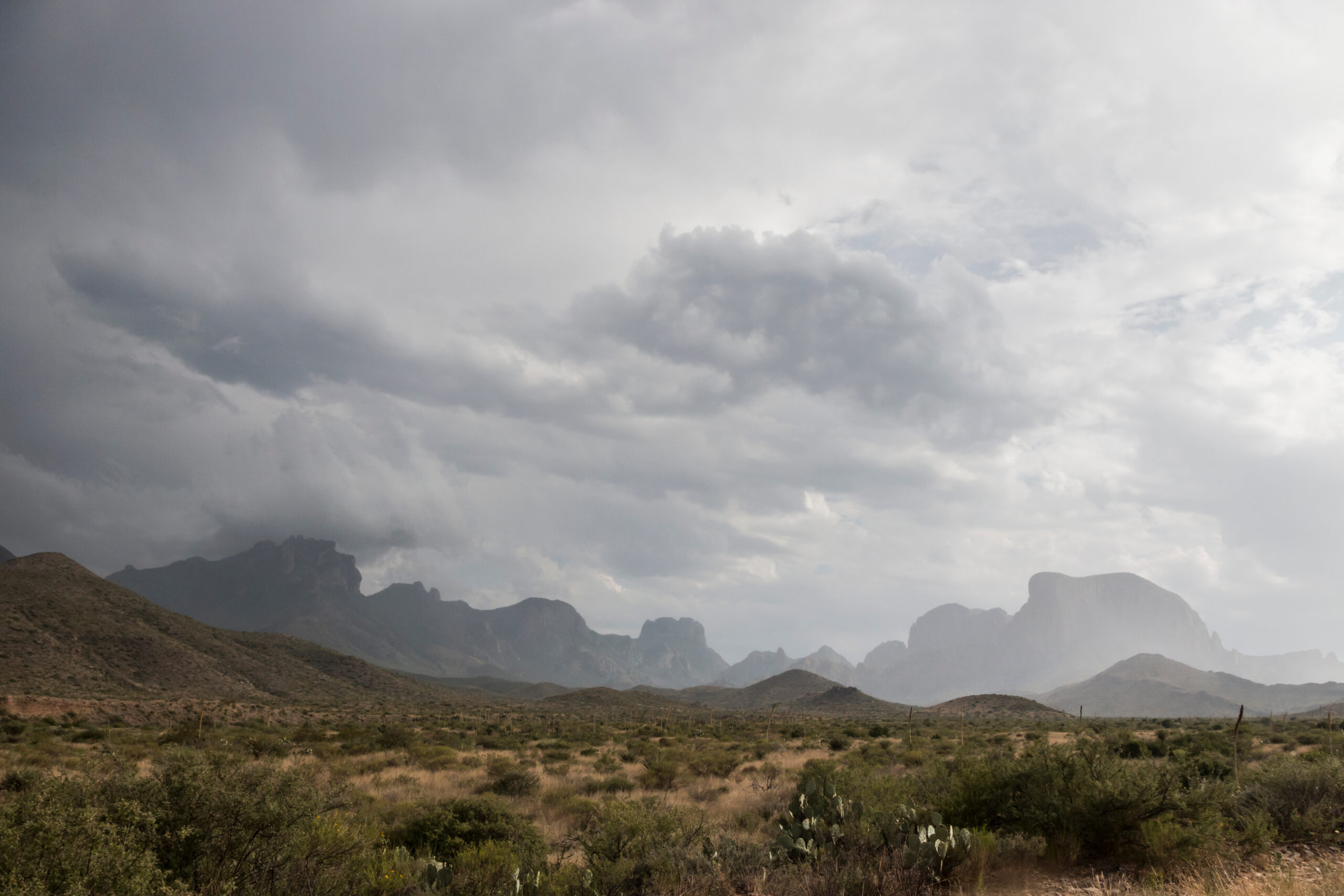
The People’s Poets: Houston, San Antonio and McAllen Hire Poets Laureate
A version of this story ran in the August 2013 issue.
Above: Houston's first poet laureate, Gwendolyn Zepeda.
Academics and urban planners have long touted the economic potential of a creative citizenry, prodded by social theorist Richard Florida’s influential 2002 book The Rise of the Creative Class. Cities have tried all sorts of strategies for capturing the energy of artistic types in hopes of branding themselves as creative capitals, and reaping cultural prestige and tax base in the process. Lately, three cities in Texas have taken that quest to a new frontier: poetry.
Since spring 2012, San Antonio, Houston and McAllen have created paid, public-engagement-heavy positions for city poets laureate. These Texas cities are on the leading edge of a national trend noted by The New York Times, which reports that American cities from Key West, Florida, to Fresno, California, have named poets laureate in the past few months.
These cities are also playing into a seemingly perpetual debate about the role of modern poetry. In an indictment published in the July issue of Harper’s, author Mark Edmundson bemoans the “obscure, mannered, and private” approach of esteemed contemporary poets such as Anne Carson and Paul Muldoon and claims that such obscurity excludes common readers.
“Obscure, mannered, and private” are traits ill suited to the office of municipal poet laureate, and city leaders responsible for the programs seem to recognize that.
“We wanted to make sure we chose a poet who is approachable,” says Nancy Millar, vice president of McAllen’s Convention and Visitors Bureau, who oversaw that city’s selection process. Millar says the panel that chose McAllen’s poet laureate included both academics with literature backgrounds and members of the general public—“so it didn’t get too cerebral,” she says.
Their choice, Olga Valle-Herr, is not the career writer-academic her new position might suggest. She’s a 73-year-old retired social worker whose poems are as likely to pop up on her Facebook page as they are to appear in literary anthologies. This untitled piece typifies her simple but thoughtful style:
I’d love
life to be patterned
like the framed needlepoint
hanging on the wall—
catching, complete and captivating
But,
I see life more
like its underside—
blurred, blemished, yet beautiful.
Valle-Herr has published a book, Pearl Harvest, and has placed work in anthologies alongside Texas’ 2012 state poet laureate, Jan Seale, also from McAllen, but she’s far from Edmundson’s stereotype of the modern poet as cloistered scribe spinning introspective and mystifying verse.
The state poet laureate, first named in 1932, is an honorary position with no official responsibilities, but the job of Texas’ new city poets laureate is shaping up to be another gig altogether. The position pays a few thousand dollars a year and runs for two years in all three cities. “It’s a little different than being a state laureate,” says Carmen Tafolla, San Antonio’s poet laureate since April 2012. “There’s an immediacy of area, definable borders,” that engender a more down-to-earth connection with the community the laureate represents. “It’s not about the technicality of poetry,” Tafolla says, but about connecting through “a deepness of meaning” and encouraging others to do the same.
Gwendolyn Zepeda, named in April as Houston’s first poet laureate, agrees. “Poetry has been kind of rarified in Houston,” she says, noting that when she applied for the position she was intimidated by the number of talented local poets associated with the creative writing program at the University of Houston.
She says Houston has a vibrant, if fragmented, literary scene, and hopes the new laureate post will bring the city’s poetry community together.
Zepeda’s rise to recognition has differed from the traditional Master of Fine Arts path. A technical writer by day, she was among the first of a generation of bloggers to parlay her online audience into a book deal when she was approached by Houston’s Arte Publico Press to publish a collection of short stories —To the Last Man I Slept With and All the Jerks Just Like Him—in 2004. She’s since published three novels and four children’s books. Her first book of poetry will be published next year.
Zepeda sees her laureate job as engaging the public. “I really like just reading to people, and I always ask afterward, ‘Do you think you could go home and write a poem now?’ And they say, ‘Maybe.’”
Tafolla’s focus has been similar. She’s been a particularly hands-on laureate, delivering more than 160 performances, workshops and speaking engagements during her year in the position. Many of these appearances are aimed not just at underscoring San Antonio’s creative scene, but at encouraging residents to try poetry themselves.
She says she’s been surprised by the results. “People have responded with a lot of excitement, which gives me the sense that people are coming to be involved in the poetic reclaiming of their own voice,” she says.
San Antonio was the first city in Texas, and one of the first in the nation, to nominate a poet laureate, in April 2012. It was a fortuitous time for the move, according to Naomi Shihab Nye, a poet (and the Observer’s longtime poetry editor) with close ties to the San Antonio literary community.
“There’s always been a lot happening here, but it’s been significantly magnified in recent years,” Nye says, adding that San Antonio has a rich history of valuing poetry, especially its more populist variations. The San Antonio Express-News, for example, has long published weekly poems written by everyday citizens.
Tafolla is an appropriate bridge between the populist, informal world of spoken-word poetry and the more academic climes of the literary establishment. She holds a Ph.D. in bilingual education from the University of Texas, has won numerous awards, and has taught a number of classes in English and creative writing. She also has deep roots in San Antonio’s historically Latino West Side, and her experience growing up there serves as inspiration. Her poetry is noted for its interplay between the colloquial Spanish of her youth and the English of her professional life.
In her poem “Right in One Language,” Tafolla writes:
There are 2 many cariños to be
created
to stay within the lines,
2 many times
when I want to tell you:
There is room
here
for two tongues
inside this
kiss
“I try to mix it all together,” she says. “Part of what I want to achieve as poet laureate is to break down the barriers that have fenced off academic poetry from the poetry of the people.”
In his Harper’s essay, Edmundson concludes that contemporary poets, incapable of capturing the essence of an ever-more-fragmented world, have turned inward. “Any modern poet who thinks of himself as creator of a full-scale map of existence would be dismissed as hubristic and probably out of his mind,” he writes. In a world fraught with complicated identities, that seems a fair assertion. It’s hard even to imagine a poem that encompasses the whole of an increasingly diverse Texas.
But cities, as Tafolla points out, are more compact than states, never mind nations, and a municipality may be just the right size for poets looking to express unifying truths. “There’s an identity and sense of place that hasn’t been fully voiced in literature,” Tafolla says of San Antonio.
Perhaps, Tafolla and Zepeda suggest, the emerging job of Texas’ new public poets is to draw these identities out. “At all ages and all levels, over a huge variety of styles, we have a movement happening,” Tafolla says. “But we haven’t always been in communication with each other. That’s where the poet laureate can help—bringing these communities together.”


